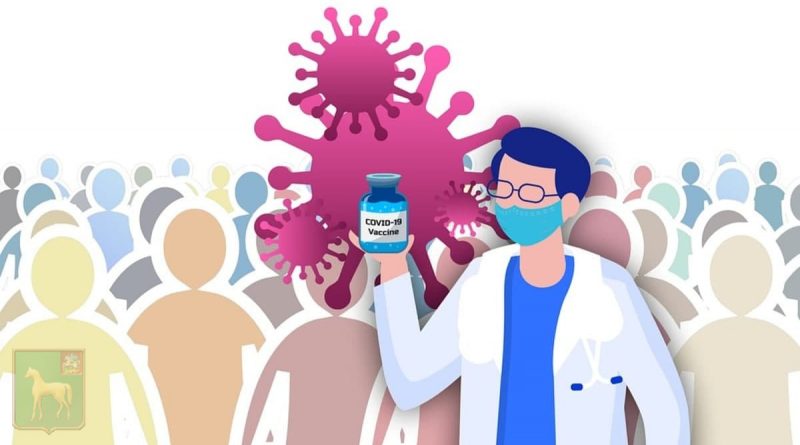Vaccination of people who have already been previously infected leads to higher quality of antibodies to coronavirus
Vaccination of people who have already been previously infected leads to higher quality of antibodies to coronavirus
American scientists have found that vaccinating people who have already been sick leads not only to higher concentrations of antibodies to the coronavirus, but also to improved antibody quality and binding strength to new SARS-CoV-2 strains. The scientists’ findings were published in an article in the journal mBio.
“Our observations showed that vaccinating over-infected individuals not only increases the number of antibodies in their bodies, but also improves their antibody quality. We anticipated that antibodies would gradually become more and more effective, but we did not anticipate that it would happen so quickly,” said University of California at Los Angeles (USA) professor Otto Young, whose words are cited by the journal’s press office.
The emergence of the delta strain of coronavirus and other new variations has raised fears that new versions of the virus that are resistant to vaccines and antibodies from people who have been infected may soon emerge. Such considerations have led authorities in many countries around the world to consider national revaccination programs, the effectiveness of which scientists have yet to assess.
Professor Young and his colleagues made one of the first observations about how vaccinating people who have already been sick will affect not only the number of antibodies to SARS-CoV-2 in their bodies, but also how effectively these molecules can bind to coronavirus particles.
To obtain such information, scientists enlisted the support of fifteen Los Angeles residents who had had a coronavirus infection in the first half of 2020, as well as a similar number of healthy volunteers who had received the Pfizer or Moderna vaccine and had not previously had COVID-19.
Volunteers agreed to give blood before and after vaccination, which allowed Professor Young and his team to study how the concentration and quality of their antibodies changed after vaccination. To do this, the scientists monitored how actively these molecules combined with different variations of the coronavirus particles, including the alpha, beta and delta strains of SARS-CoV-2.
These measurements showed that vaccinating the overexposed Los Angeles residents not only dramatically increased their antibody concentrations, but also increased their activity by a factor of 1.5-4 in their interactions with the new coronavirus variant particles. In this respect, they surpassed not only other previously infected people, but also those US residents who had not had COVID-19 and had received two doses each of the Pfizer or Moderna vaccines.
Such trends, according to Professor Young and his colleagues, suggest that the immune system gradually learns to produce more and more effective antibodies with each new exposure to the coronavirus or its proteins. This suggests that repeat vaccination will improve the quality of the immune response against new variants of the coronavirus even if the vaccine was created before they appeared, the scientists summarized.
